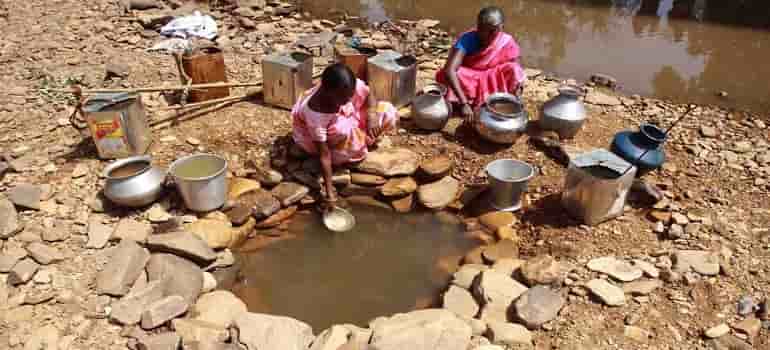Nature’s Frontiers report provides roadmap for sustainability, efficiency, and prosperity while preserving the environment
A groundbreaking report titled “Nature’s Frontiers: Achieving Sustainability, Efficiency, and Prosperity with Natural Capital” reveals that global challenges, including climate change, economic productivity, food and water security, and health, can be successfully tackled by leveraging natural resources more efficiently.
The report, jointly prepared by the World Bank, the Natural Capital Project, and the International Institute for Applied Systems Analysis (IIASA), combines innovative science, data sources, and biophysical and economic models to offer a new approach to sustainability.
The report underscores that countries can achieve their development goals without sacrificing biodiversity or climate change targets. By using natural resources more judiciously and without surpassing their natural efficiency frontiers, nations can maintain a balance between environmental preservation and human prosperity.
It sheds light on the existing efficiency gaps in resource utilization across countries and emphasizes the potential for significant progress in both economic returns and environmental outcomes by enhancing resource efficiency.
Richard Damania, World Bank Chief Economist for Sustainable Development, commended the report, stating, “This work is helping us understand what is happening at a country level and how countries can achieve their development goals without sacrificing biodiversity or climate change targets. There are actions countries can take now to give their people a better life while maintaining a livable planet.”
The study reveals that closing these efficiency gaps holds the key to addressing pressing economic and environmental concerns, such as climate change, economic productivity, food and water security, and health.
The findings suggest that countries, on average, can nearly double their performance in terms of economic returns or environmental outcomes by focusing on improvement in one dimension without compromising the other.
Tackling inefficiencies in resource allocation and management presents an economically attractive and cost-effective solution for countries grappling with competing needs and limited budgets.
The report highlights that better allocation and management of natural resources, including land and water, can lead to substantial increases in annual income from agriculture, grazing, and forestry, totaling approximately US$329 billion globally.
Moreover, these measures can ensure enough food production to sustain the world until 2050 while preventing net loss of forests and natural habitats.
Steve Polasky, Professor of Ecological/Environmental Economics at the University of Minnesota and The Natural Capital Project, lauds the pioneering work of the report, stating, “This pioneering work will help integrate the value nature provides to society into major decisions. The innovative tools developed for this report harness global environmental and economic data to provide decision-makers with actionable information for policy, finance, and management decisions.”
The report highlights the potential benefits of avoiding deforestation, including the sequestration of an additional 85.6 billion metric tons of carbon dioxide—equivalent to approximately 1.7 years of global emissions—without hindering economic growth.
Furthermore, by optimizing the allocation of resources toward air pollution prevention, it is estimated that an additional 366,000 lives could be saved annually.
The report emphasizes that many of these opportunities exist in low- and middle-income countries, which stand to gain the most from such actions.
Recognizing that a one-size-fits-all solution is not viable due to the diverse challenges faced by different countries, the report instead identifies the necessary changes and their specific locations within a country.
By providing indicators to assess trade-offs and recommending tailored policy approaches, the report offers a comprehensive roadmap that can guide countries in selecting the most feasible and affordable strategies to meet their environmental and development needs.


